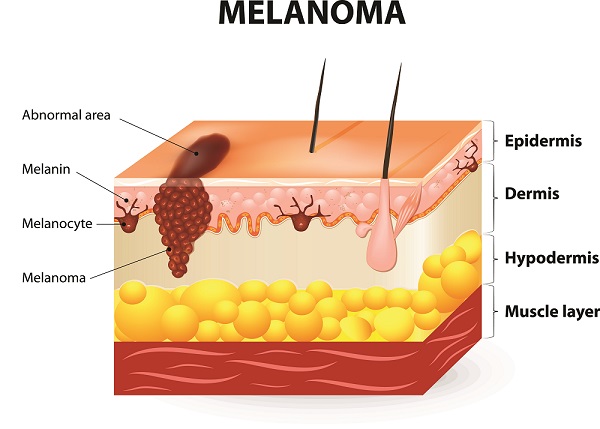
FDA Moves to Improve Safety and Efficacy of Sunscreen Products
October 3, 2021The FDA on Sept. 27 released recommended revisions and updates to a proposed order concerning maximum sun protection factor (SPF) values, active ingredients, product labeling and other issues associated with over-the-counter sunscreens. A statement released by the agency characterizes the proposed updates as “substantially the same” as the 2019 proposed order written to ensure sunscreens are …



